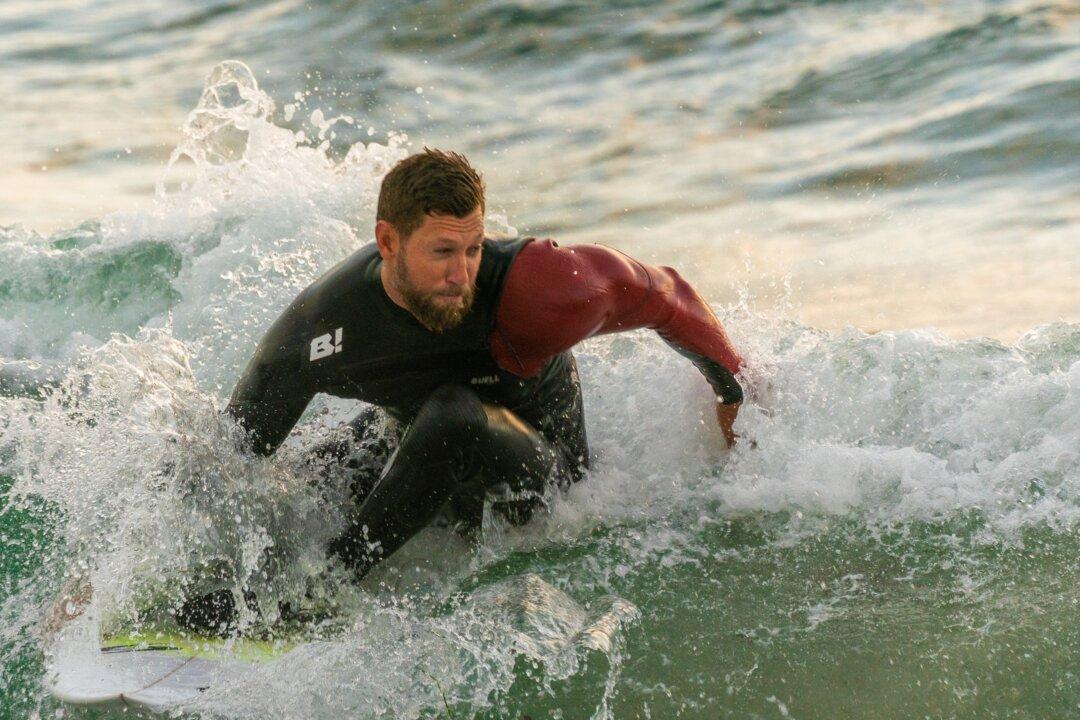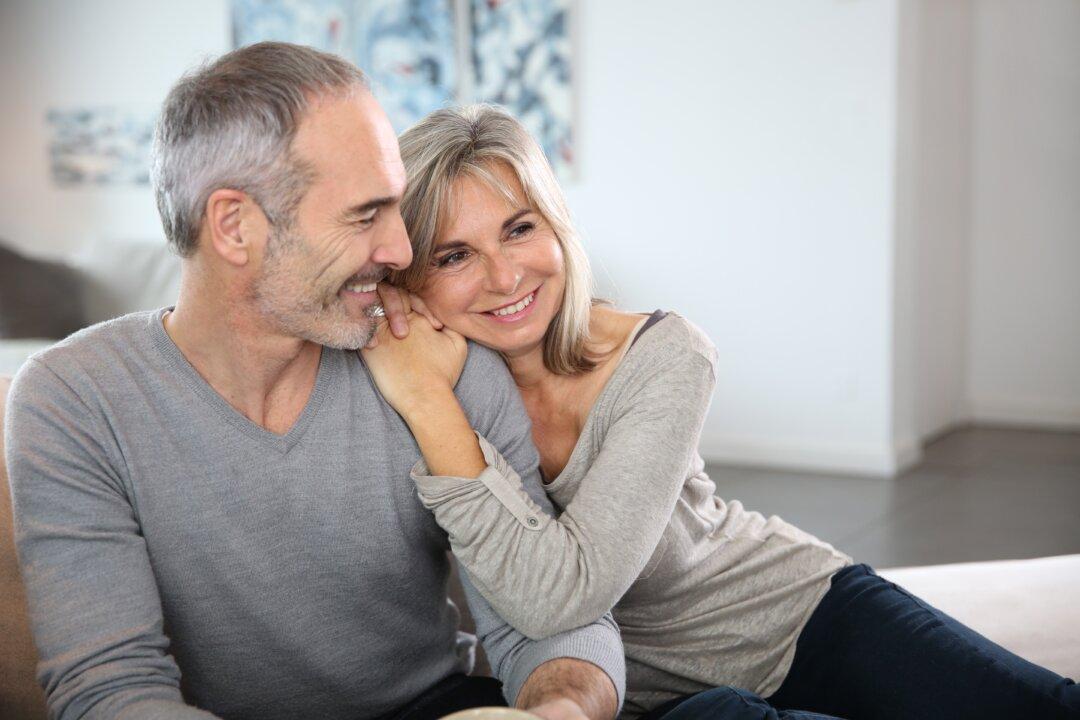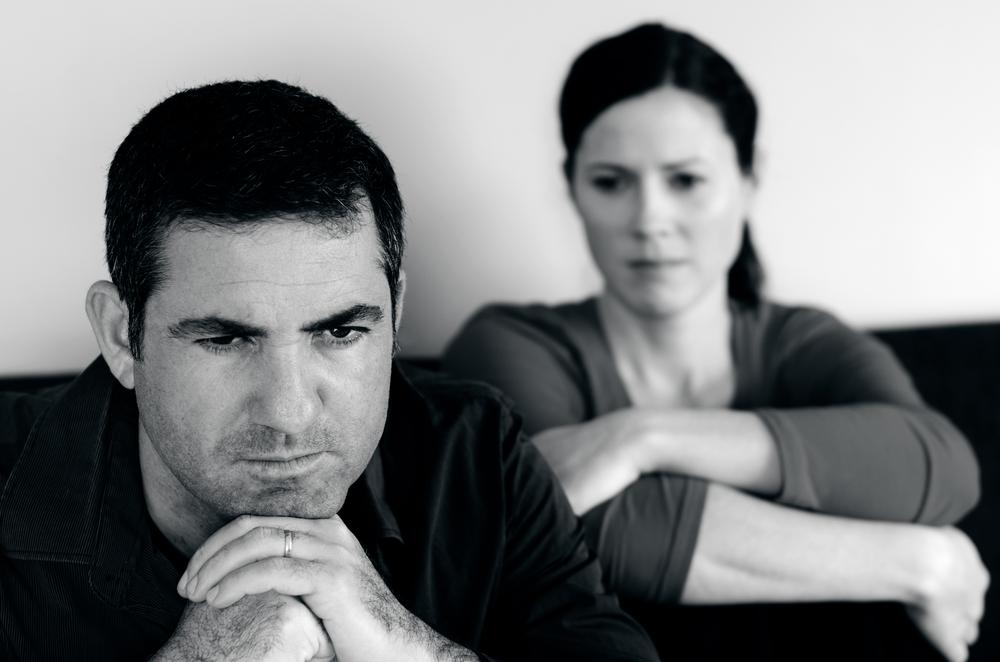There’s something inherent in all human beings that longs to feel connected to everyone and everything else. At a deep level, we want to heal our fundamental aloneness.
Why Paying Attention to This Moment Creates Your Best Future
Many of the moments that make up our life slip by in a cloud of extraneous thinking

There are few things we enjoy more than those moments where we are fully absorbed in what we are doing, completely in the flow.
|Updated:
Nancy Colier is a psychotherapist, interfaith minister, thought leader, public speaker, and the author of "Can't Stop Thinking: How to Let Go of Anxiety and Free Yourself from Obsessive Rumination,” “The Power of Off,” and the recently released “The Emotionally Exhausted Woman: Why You’re Depleted and How to Get What You Need” (November, 2022.)
Author’s Selected Articles





